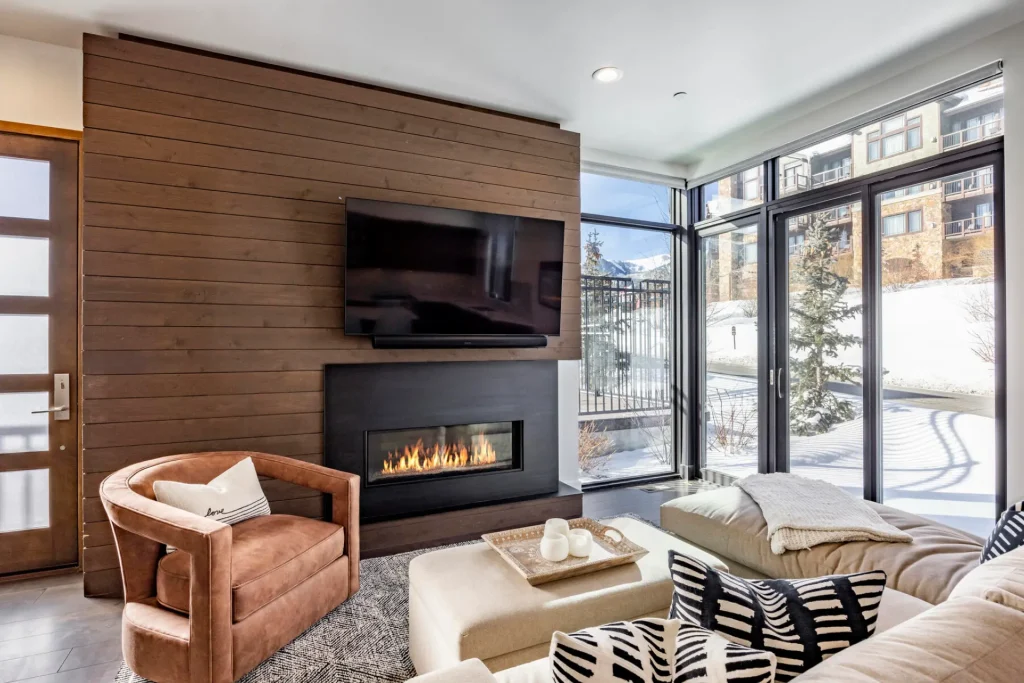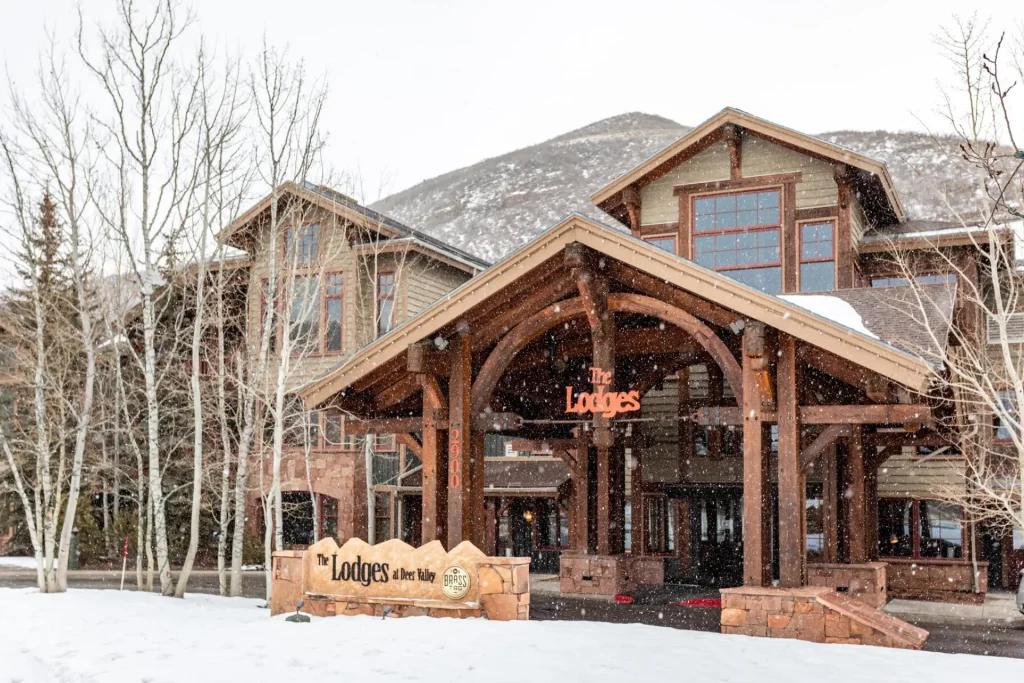Real estate taxes can be a hot-button issue for homebuyers, especially in sought-after locations like Park City, Utah. With world-class ski resorts and stunning mountain scenery, Park City is a magnet for property owners looking to relocate or buy a vacation home. But alongside luxury living in such a desirable destination comes the responsibility of paying property taxes and understanding local legalities.
Park City Property Tax
Real estate tax rates in Park City are determined by Summit County’s taxing authority and based on an annual property value assessment. At 0.55% of the assessed value for primary residences or rental properties with a full-time tenant, Utah property taxes are the sixth-lowest in the country – quite an attractive number for those in the high-end home market. While rates increase to 1% on second homes and vacation rentals, this is still lower than what you’ll find in other popular luxury real estate markets. Some states’ property tax rates are as high as 2% of assessed value, and communities with a mansion tax on high-end homes can see rates above 5%.
How We Use Property Taxes in Park City
Park City real estate taxes fund local services and infrastructure, including public schools, emergency services, public safety departments, and road maintenance. A portion of property tax revenue also goes towards preserving our area’s natural beauty and improving our impressive network of hiking trails, parks, and other recreational amenities.
Since our community is home to both permanent residents and vacation homeowners, real estate taxes are key to ensuring public services are available year-round despite population fluctuations. The funds help maintain the infrastructure that contributes to our quality of life in what Travel + Leisure named one of the best mountain destinations to live in across the United States.

Tax Exemptions
In addition to our very reasonable property tax rates, Utah offers tax exemptions for certain groups, including primary homeowners, disabled veterans, active duty military, low household income, and more. Summit County also allows you to appeal your assessed property value to reduce your tax bill. And if you’re looking to install a renewable energy system, like rooftop solar panels, you can receive a tax exemption for that as well.
Other Legal Considerations for Park City Homebuyers
Buying property in Park City comes with certain legal and use implications, just as in any area. Potential homebuyers will want to keep the following considerations in mind when buying a home in Park City.
Park City Zoning Laws and Land Use Restrictions
To preserve our town’s character, history, and scenic beauty, we maintain certain zoning laws and land use regulations. In addition to standard restrictions regarding residential, commercial, and mixed-use spaces, buyers may also encounter limits on building height and design. Homes in historic Old Town must also follow rules regarding renovations and changes to their home’s exterior.
HOAs in Park City
A majority of Park City homes, especially those in luxury and resort areas, are part of homeowners associations (HOAs). Property owners in these neighborhoods must uphold regulations regarding maintenance and exterior design. Additionally, some areas in Park City have restrictions on using homes as short-term vacation rentals. Potential buyers will want to work with their agent to carefully review HOA covenants, conditions, and restrictions (CC&Rs).

Short-Term Rental Regulations
As a popular tourist destination with fun activities in every season, those looking to buy a home in Park City may consider renting out their property at certain times. However, Park City has specific regulations regarding short-term rentals, with some zones allowing nightly rentals and others restricting them entirely. Be sure to inform your real estate agent if you’re considering using your home as a vacation rental so he or she can show you listings where short-term rentals are permitted.
Seasonal Access and Snow Removal
Some Park City properties may have limited seasonal access, particularly those in more remote areas. Buyers will want to consider how snowfall amounts and related snow removal services are handled in their desired neighborhood. This is especially relevant for homes in private communities or on private roads, where snow removal could be your responsibility or included in your HOA fees.
Shared Amenities and Easements
Some properties, including ski-in/ski-out homes, are part of resort communities or developments that provide access to ski lifts, hiking trails, and other recreational amenities. As such, your property may include easements that grant access to other residents, members, or ticket holders and allow them to pass through your property.
Have All the Facts When Buying a Luxury Home in Park City
Buying a home in any community comes with taxes and legal implications. In Park City’s real estate market, it’s important to be aware of how our county and state rules and regulations may impact you. Working with a knowledgeable luxury real estate agent is critical for ensuring a smooth buying process without unnecessary surprises. We make it our business to understand all the implications discussed in this blog and communicate this information to our clients. Understanding real estate taxes and unique legal requirements for Park City homeowners will ensure you buy the right property for your intended use and understand the costs of ownership.